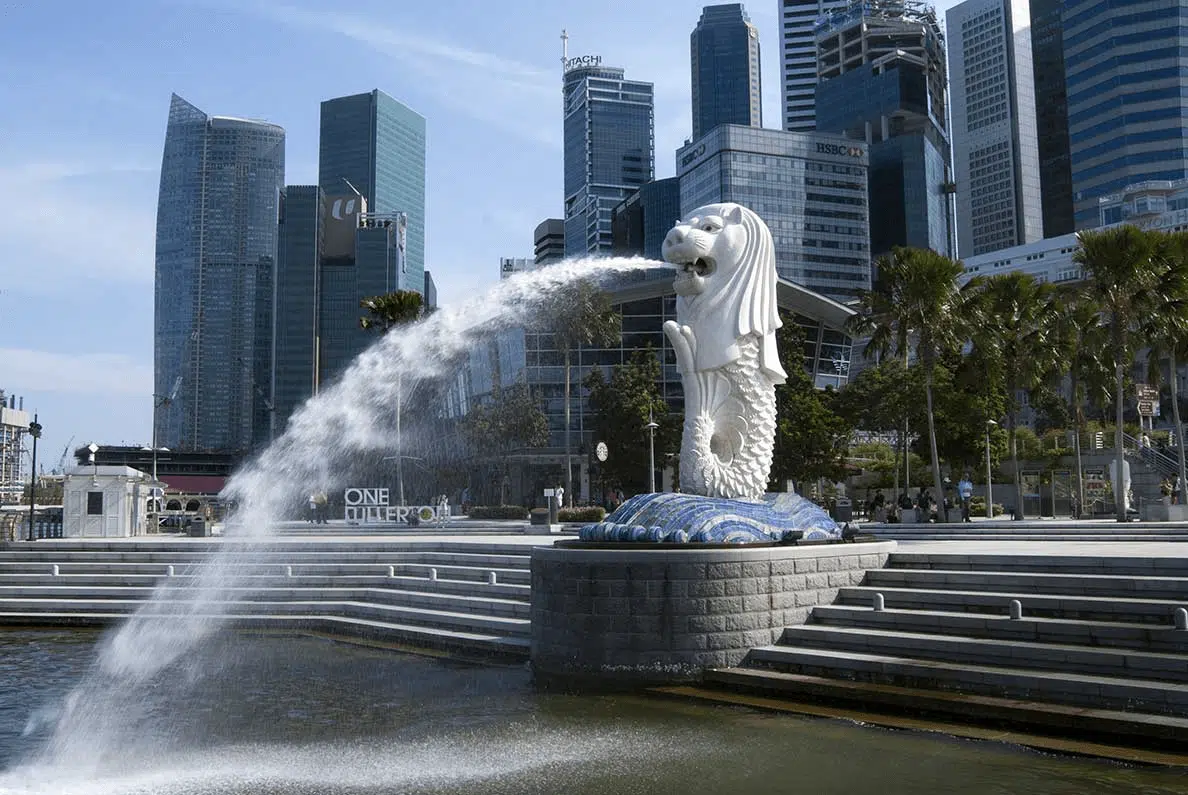
While I was living in Hong Kong in the 80s and 90s, an economic miracle was taking place to the south, with Singapore emerging as the high growth market of the South East Region and one of four “Asian Tigers” (along with HK, South Korea and Taiwan) to benefit from the spectacular rise of Japan. This period of rapid industrialisation, free trade and foreign investment propelled Singapore from “Third World” (after its independence in 1965) to “First”, as described by former Prime Minister, Lee Kwan Yew in the title to his memoirs, and Singapore emerged as a dominant global player in high-tech manufacturing, financial services and maritime trade. Like all Asian countries, China is Singapore’s largest and most important trading partner, and its future now depends on its ability to manage the complex and unprecedented challenges faced by a more assertive, confident and powerful Chinese leadership.
Interestingly, Singapore has often been described as proof that an autocratic political model and one-party system dominated by a single powerful leader can deliver economic prosperity and wealth for all. In 1992, Deng Xiaoping described Singapore as the model China should follow for economic, social and political development and, after decades of regular interaction between Chinese and Singaporean Government officials, many Chinese leaders have given praise to Lee Kwan Yew’s contribution to the shaping of China’s economic success over many years.
However, the future for Singapore looks a lot less certain and a lot more problematic. It’s going to be tough going for smaller Asian countries who depend on China for economic prosperity but also hope to maintain and leverage their long term economic, social and military ties to the West. In addition, China’s well known ambitions in advanced manufacturing, innovation and high-tech industries will place Singapore in direct competition with well funded Chinese owned companies with plans to dominate the Asia Pacific region.
Singapore prides itself on its “quiet, friendly but firm style of diplomacy” with China, and its long history of friendship and collaboration, and this will be severely tested in the years ahead as a new generation of leaders grapple with Singapore’s future aspirations as an East-West Gateway.

